Higher Net Lease Cap Rates Ahead
Essential businesses captured most of the investor interest during the second quarter.

Randy Blankstein
Cap rates in the single-tenant net lease retail sector increased by 10 basis points to 6.25 percent in the second quarter of 2020 when compared to the prior quarter. Cap rates for net lease office properties were unchanged at 7.00 percent while industrial properties compressed by 6 basis points to 6.99%.
Throughout the second quarter, transaction velocity was greatly impacted by COVID-19’s effect on businesses, resulting from government-mandated shutdowns. Transaction volume in the net lease sector in the first half of 2020 declined in excess of 20 percent when compared to 2019’s totals.
In a recent national survey conducted by The Boulder Group, 80 percent of net lease participants expected cap rates to increase by the end of 2020, with 43 percent expecting an increase of up to 19 basis points. As investors become more conservative, properties with investment-grade rated tenants and minimal impact from COVID-19 are more favored within the net lease sector.
In the second quarter of 2020, the net lease market was bifurcated between essential and nonessential businesses. Investor interest was largely focused on essential businesses that were open and operational, including pharmacies, quick service restaurants, groceries, c-stores and dollar stores. Businesses labeled as nonessential and largely shut down or significantly impacted included movie theaters, fitness centers, soft-goods retailers and sit-down restaurants. Investors backed away from nonessential businesses while waiting to see if the financial stress continues to affect tenants.
Flight to Quality
There was a significant flight to quality by private investors who were looking to avoid the volatility of alternative investment vehicles and the stock market. Long-term leases to credit tenants—including 7-Eleven, CVS and McDonald’s— represented some of the lowest cap rates in the sector in the second quarter. Competition amongst investors for high-quality net lease product can be evidenced by the bid-ask spread in the second quarter of 2020. The spread between asking and closed cap rates compressed by 8 and 9 basis points, respectively, for retail and industrial sectors.
Net lease transaction volume for 2020 is expected to be significantly lower than 2019 as a result of the impact of COVID-19. Investors will carefully monitor the economy’s reopening and the financial health of tenants. The stabilization of the 10-year Treasury yield in the second quarter will provide investors with an enticing yield spread for the net lease sector.
Randy Blankstein is president of net lease advisory firm The Boulder Group.


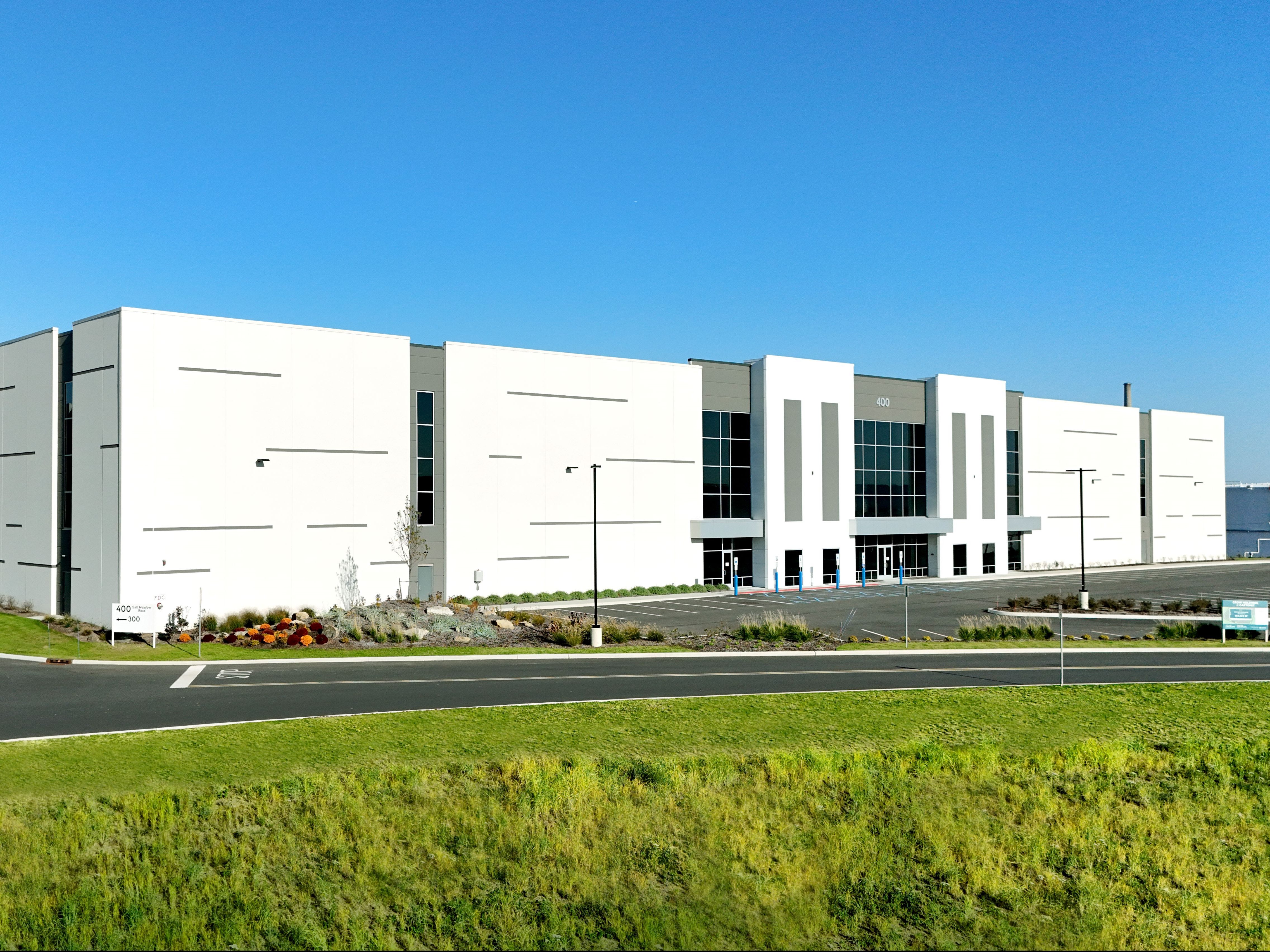
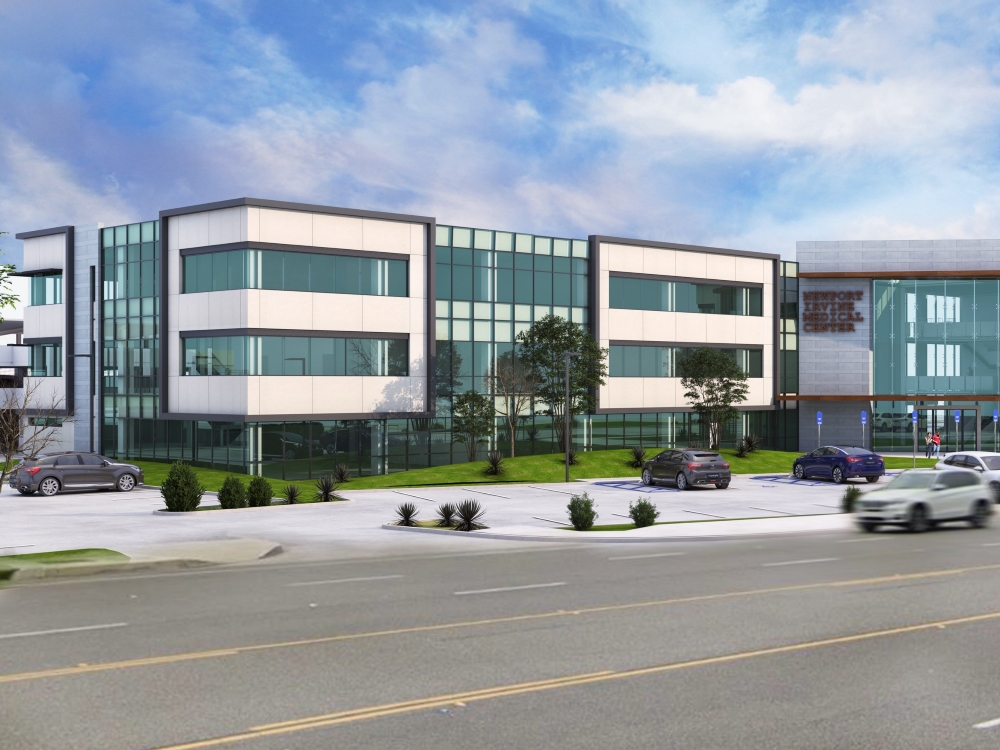
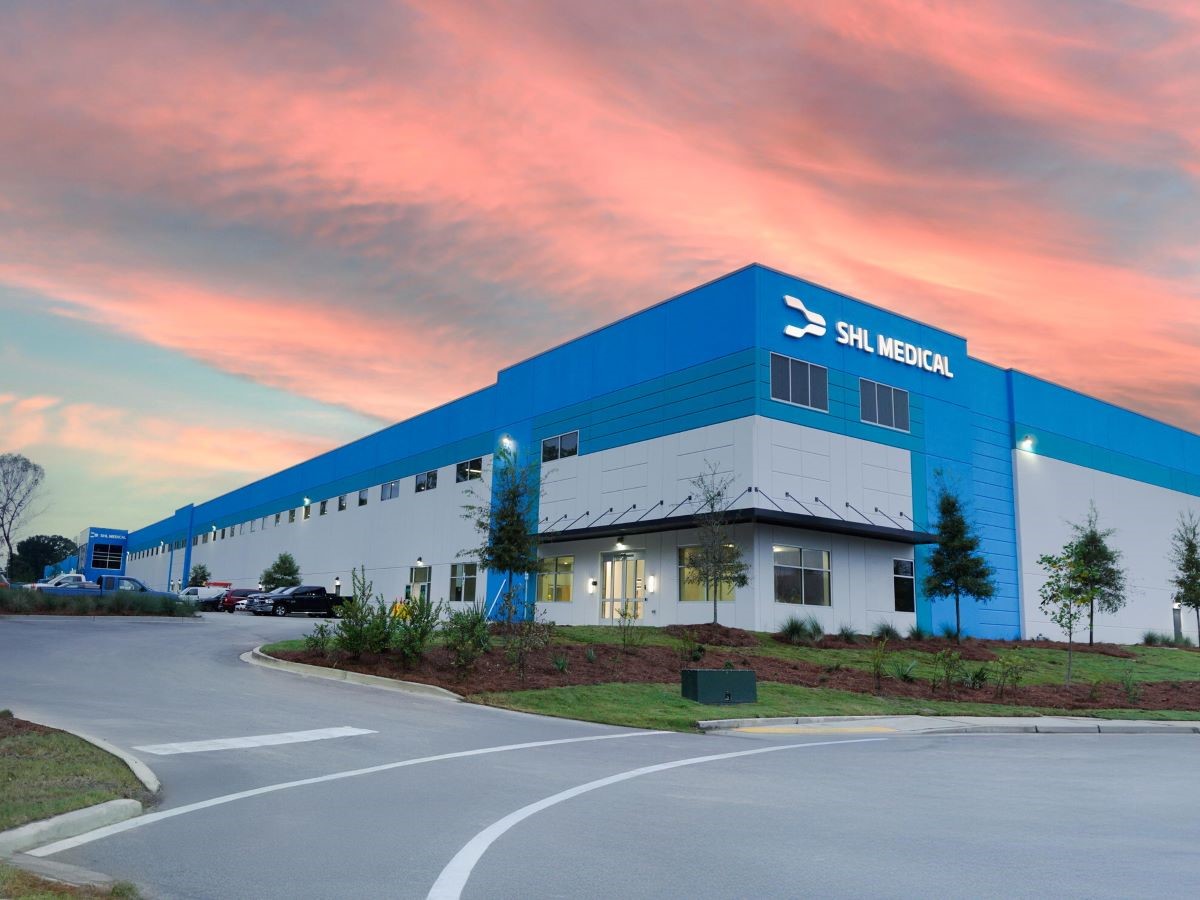
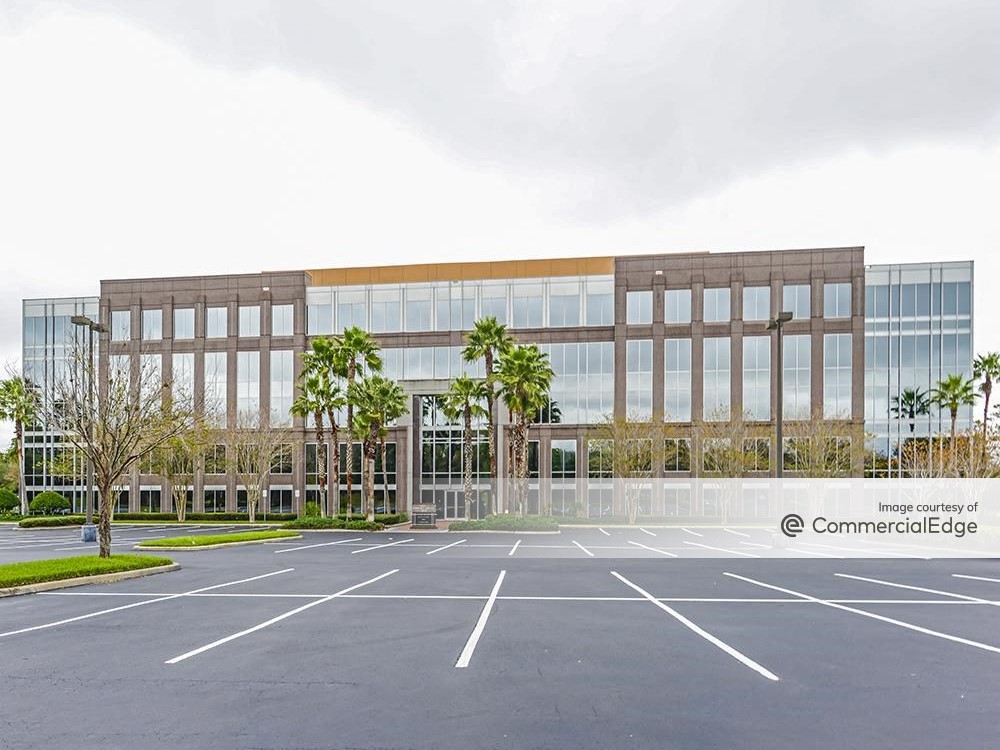
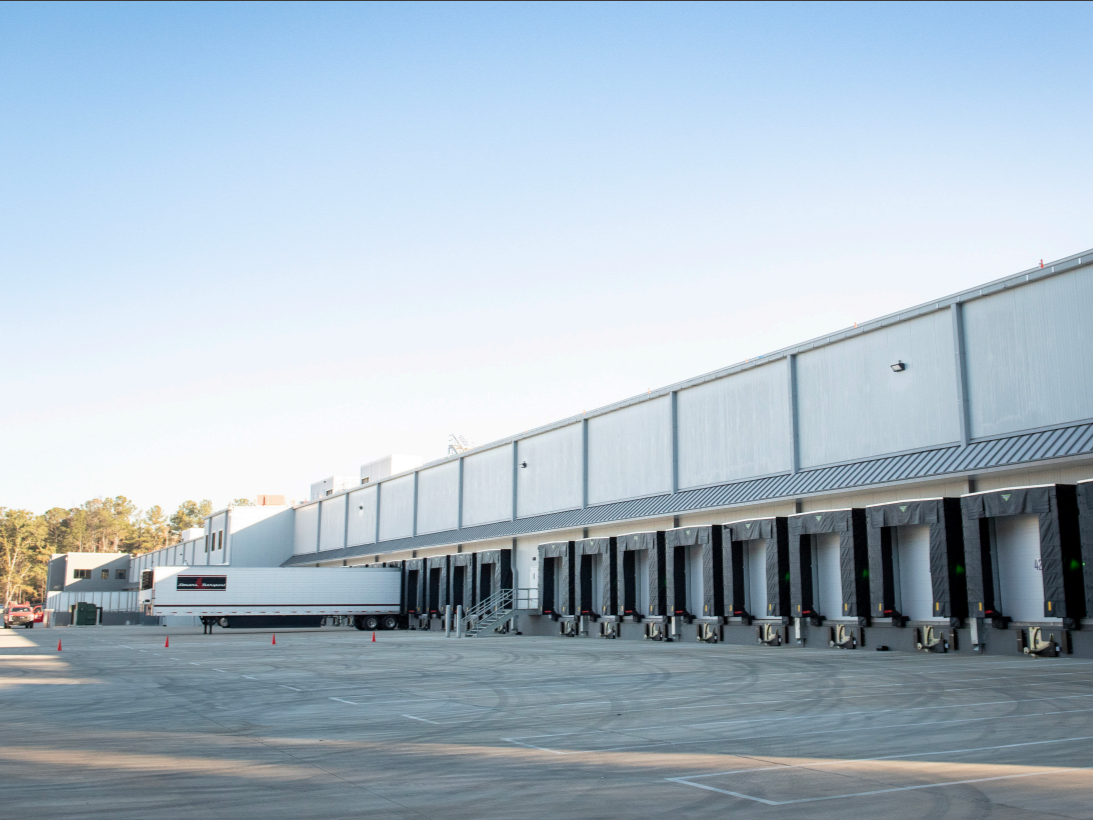
You must be logged in to post a comment.